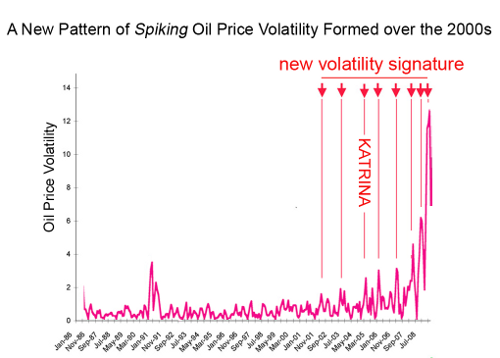Saturday, January 23, 2010, 12:17 PM
Posted by Administrator
There is an article you can get to on the related link that lists 10 ways to go green that are not your typical angle on the subject. I really like what she has to say and her justifications. Follow the link for the whole article and I will summarize here:Posted by Administrator
1. Buy less stuff - vote with your wallet about shipping packaging and processing.
2. Try to set up your situation so that being green is easier than alternatives.
3. Try to start a "no use day". Keep only the necessary lights and heat on, but avoid tv, computers, video games, etc...
4. Low hanging fruit - if something seems like an obvious green move, don't wait, do it.
5. Use human power instead of gadgets. Often the cleaning of a device is added work that replaces the real work.
6. Eat based on your location. This will minimize shipping and processing. If something doesn't grow in your area, avoid it.
7. If it is the end that matters - change your means. If you want to be warm, don't heat the house, heat yourself with an electric blanket, dress warmer, etc...
8. Go at the big hogs. The things that are probably your biggest energy costs are heating, cooling, refrigeration, transport and your meat consumption.
9. Cut things in half. Nobody enjoys giving things up, so consider halving them instead.
10. Try and look at tasks and items with a new perspective. Sometimes a new perspective will reveal an interesting alternative that makes a task enjoyable that you may otherwise run to a non-green solution for.
Follow the related link below for the whole article:


 Calendar
Calendar




